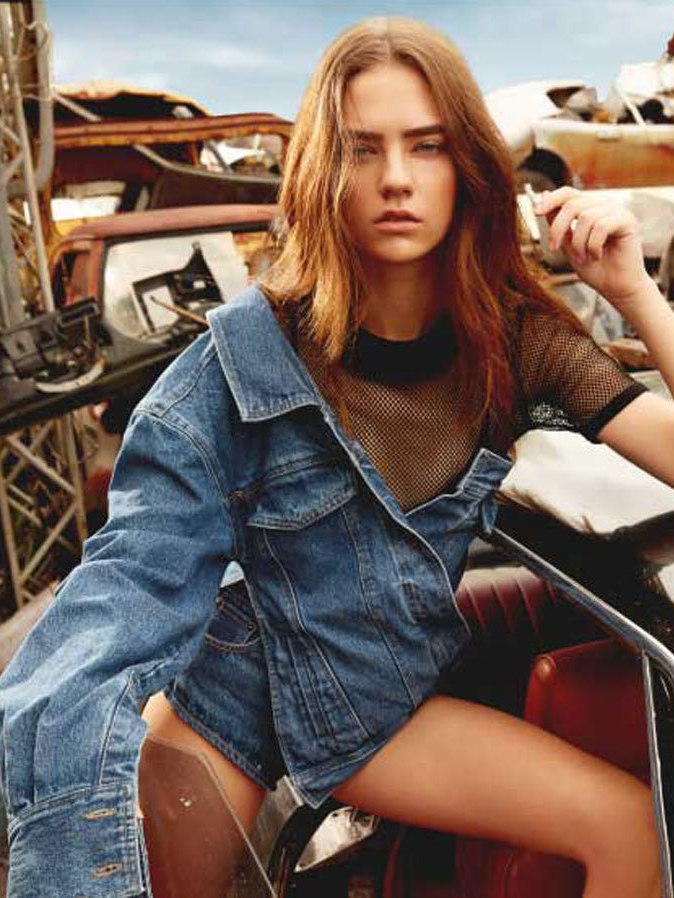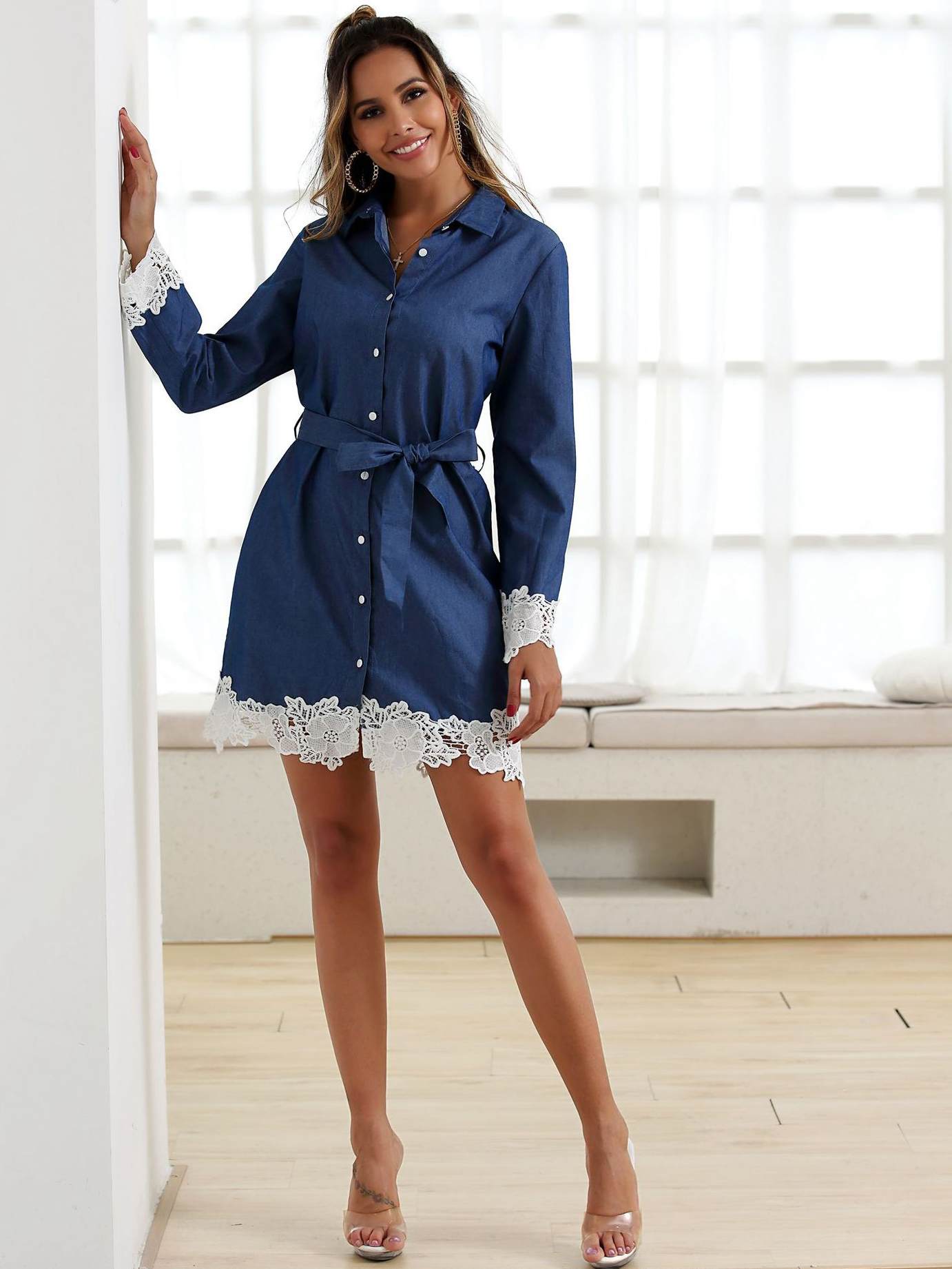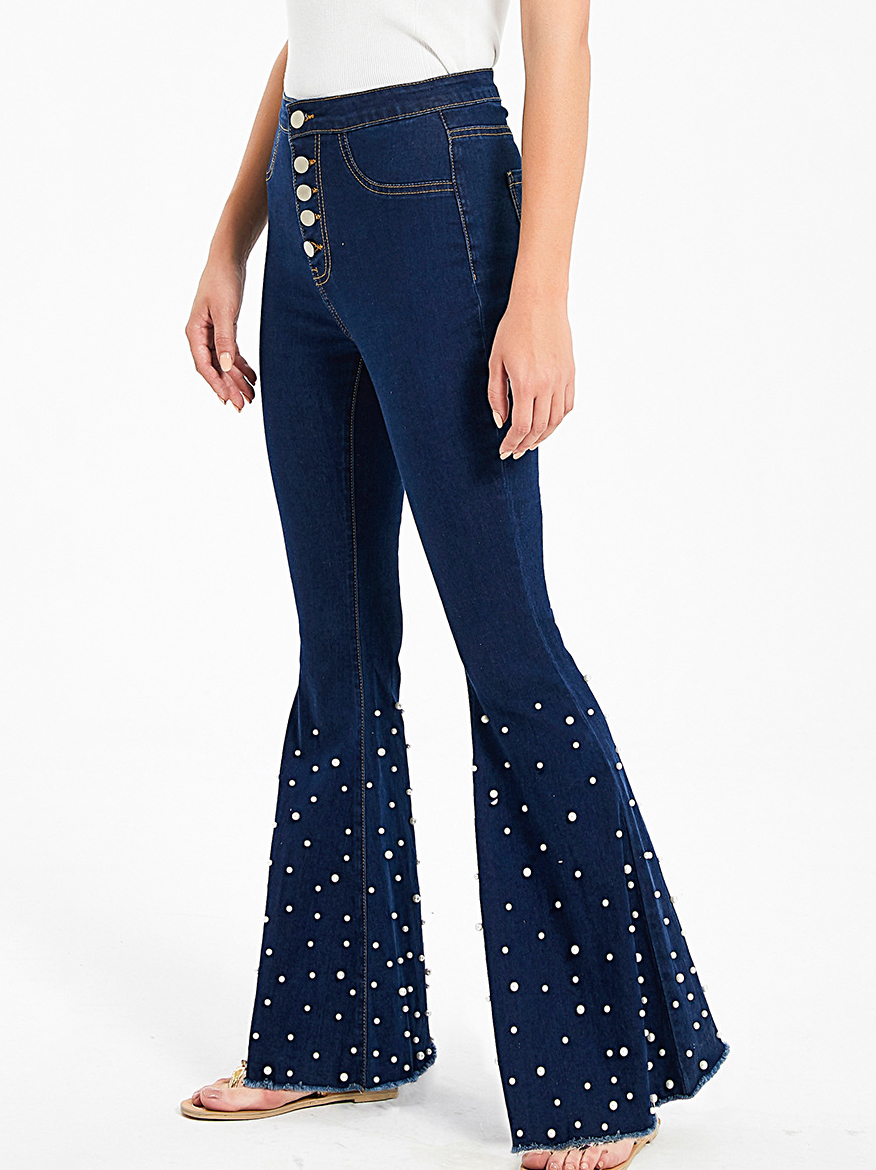‘Of course women have equal power. If a girl applies — ’
‘You just switched to girl.’
‘I… well, yes, but it doesn’t offend me, it — ’
‘It matters what you call people.’
Why, yes, yes it does. Thank you, professor and student, for giving me such an apt lead-in.
Superman. Supergirl. Power Girl. Batman. Batgirl. Batwoman.
‘And Adam said, ‘This is now bone of my bone and flesh of my flesh: she shall be called Woman, because she was taken out of Man’’ (Gen 2:23, KJV).
Ever noticed that most female heroes pick up the name they use because of a male hero?
(There are exceptions. Storm, Black Canary, Oracle, Spoiler, Vixen, Big Barda, Misfit, Huntress, Fire, Rogue, Marrow, Ice.) Most of these exceptions also have gender-neutral names.
But have you ever noticed that when female heroes do take male names, it tends to be lessened? ‘Man’ is higher in status than ‘boy’. ‘Woman’ is higher in staus than ‘girl’.
How many -woman can you think off of the top of your head? Go on, I’ll wait.
Done yet? Here’s mine. Invisible Woman, Batwoman — stabbed off-panel, currently inactive — and Wonder Woman. Now, I am sure there’s more, but off the top of my head that’s three.
How many -man?
Spider-Man, Batman, Superman, Aquaman, Hawkman, Sandman.
How many -girl? Top of your head, keep in mind. No cheating.
Marvel Girl — old, but still valid. Spider-Girl. Batgirl. Supergirl. Power Girl. Wonder Girl. Stargirl. Aquagirl. Hawkgirl.
And that’s nine. I am sure here, too, that there are more, but that’s all I thought of in ten seconds.
Now, admittedly, most of these characters are girls. Kids. Wonder Girl is seventeen, Stargirl is about that age, Batgirl is about that age, Supergirl is sixteen, Marvel Girl switched to Phoenix a while back, Spider-Girl is probably still in her mid-teens.
Power Girl? Mid-thirties, easily. She is not a girl. She is a woman. Hawkgirl? Also not in the first flush of youth.
How many -boy?
Power Boy. One. That’s it, that’s all I can think of, and he’s an abusive jerk who doesn’t actually have any relation to the name he’s hijacking.
Girl:
- a female child, from birth to full growth.
- a young, immature woman, esp. formerly, an unmarried one.
- a daughter: My wife and I have two girls.
- Informal: Sometimes Offensive. a grown woman, esp. when referred to familiarly: She’s having the girls over for bridge next week.
- girlfriend; sweetheart.
- Often Offensive. a female servant.
- Usually Offensive. a female employee.
- a female who is from or native to a given place: She’s a Missouri girl.
Young. Immature. A child.
Is that really Power Girl? is that really Hawkgirl? Is it really?
It matters what you call people. Even fictional ones. Because if you think a woman is a girl — with that attendant youth, that attendant foolishness, that attendant childishness — in ink, what’s your problem with women being girls in flesh and blood?



